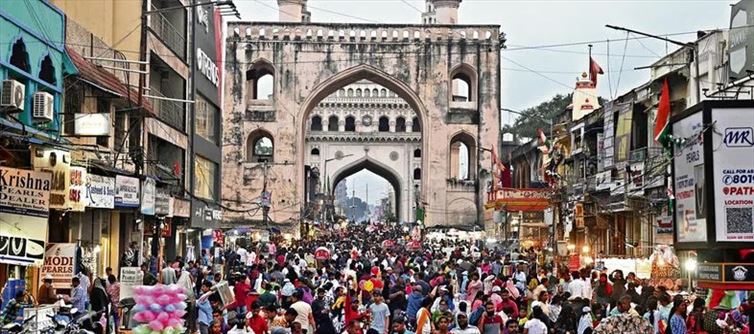
Dr. B Ravinder nayak, telangana State's director of Public health (DPH), advised people not to worry or get spooked by rumors concerning the norovirus. Despite the similarity of symptoms, no one in Old City has tested positive for the norovirus thus far. Dr. nayak urged the families of Old City, "I beg you not to believe rumors that this illness is deadly and that there is an outbreak."
During the monsoon, there are a lot of bacterial and viral diseases that may be contracted by close contact, eating contaminated food, or coming into contact with polluted surfaces. people can recover from all of these conditions in three days with treatment. We were notified of Norovirus cases at a few Old City private institutions. But none of them are proven instances; they're all just suspected ones, according to Dr. Nayak.
· Wash hands thoroughly, especially of children
· Prepare food safely and consume hot food
· Avoid close contact with anyone who has symptoms
· Surfaces such as counters, faucets doorknobs, and tablespoons must be cleaned
· Focus on personal hygiene and avoid consuming undercooked food
· Symptoms appear 12 to 48 hours after exposure and last 1 to 3 days
· Symptoms: Nausea, vomiting, diarrhea, stomach pain, headache, fever and body aches
· Treatment: Consume liquids and ORS; get a lot of rest; eat soft and bland food




 click and follow Indiaherald WhatsApp channel
click and follow Indiaherald WhatsApp channel